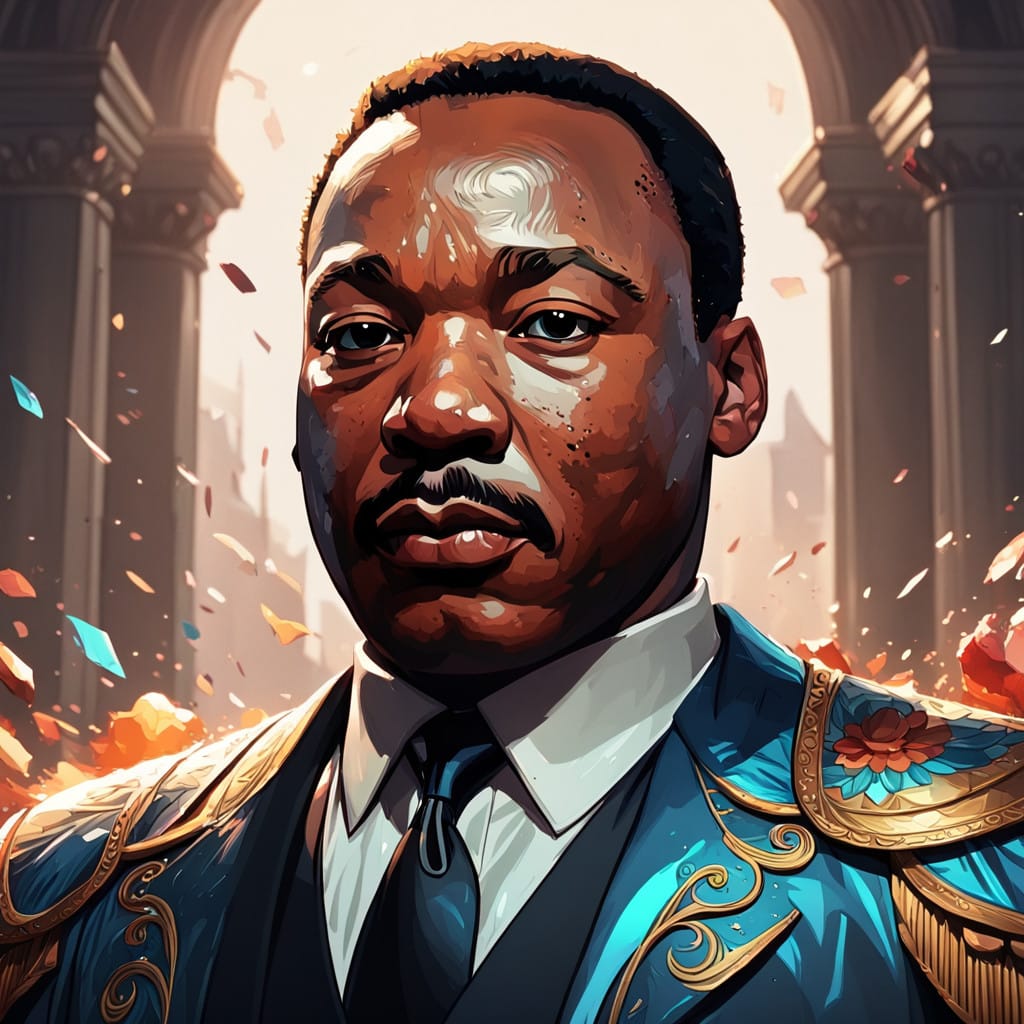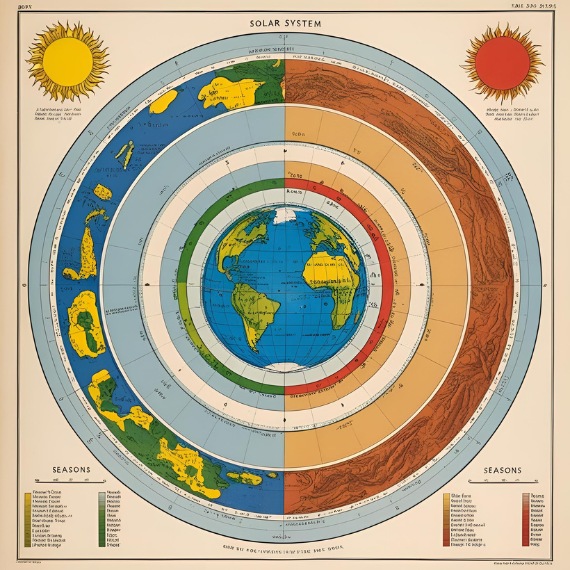Martin Luther King Jr. Day honors the legacy of its namesake, Martin Luther King Jr. Born in Atlanta, Georgia, on January 15th, 1929, King was both a minister and a prominent activist. He played a pivotal role in leading the civil rights movement in the United States from the 1950s until his assassination in 1968. His leadership significantly contributed to the movement’s achievements, particularly in the effort to end segregation against African Americans in the South and across various regions of the country.
Martin Luther King Jr. met Coretta Scott while studying at Boston University, where she was enrolled at the New England Conservatory of Music. The couple married in 1953, shortly after King became the pastor of the Dexter Avenue Baptist Church in Montgomery, Alabama.
Just over a year later, a small group of civil rights advocates in the city decided to challenge racial segregation in the public bus system. This initiative became known as the Montgomery Bus Boycott. The Montgomery Improvement Association was established, with King at its helm, which elevated his platform and influence. After nearly a year of persistent effort, the city’s buses were desegregated.
In summary, Martin Luther King Jr. was a pivotal figure in the civil rights movement and a commendable citizen who fought for justice and equality.









